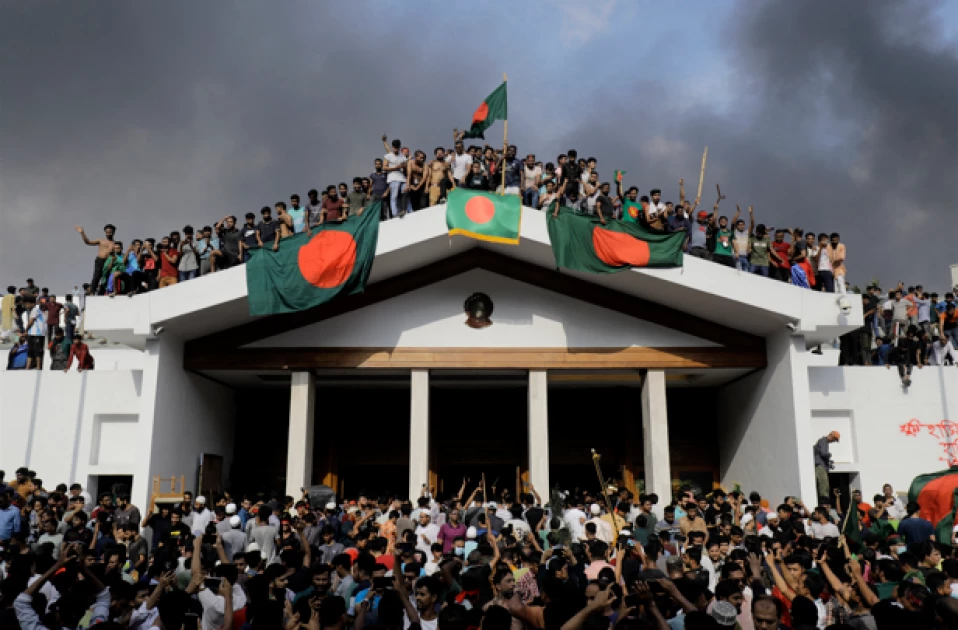Bangladesh’s interim leader, Nobel laureate Muhammad Yunus, has cautioned that any attempt to derail the country’s planned elections would be “extremely dangerous,” as political rivalries intensify a year after the ousting of longtime Prime Minister Sheikh Hasina.
The polls, scheduled for February 2025, will be the first since the August 2024 uprising that ended Hasina’s rule. Yunus, 85, who has been serving as chief adviser to the caretaker government, has emphasized that an election is the only viable path forward. “The chief adviser said there is no alternative to an election. Any deviation from it would be extremely dangerous for the country,” Yunus’ press secretary, Shafiqul Alam, said on Sunday.
The warning follows a surge of violent protests and deepening divisions among political parties. Tensions flared on Friday in Dhaka, when police and the military intervened to disperse a rally by the Gono Odhikar Parishad, which was demanding a ban on the Jatiya Party. The clashes left party leader Nurul Haque Nur severely injured. On Saturday, unrest spread to universities, including Chittagong University, where about 100 students were reported injured during confrontations.
The debate over the Jatiya Party’s participation has become a flashpoint in the lead-up to the vote. Once an ally of Hasina’s Awami League which has already been banned Jatiya now faces demands from rivals, including the Islamist Jamaat-e-Islami, to be excluded from the contest.
Meanwhile, Yunus is attempting to push through a set of democratic reforms to prevent a return to authoritarianism. His 28-page draft proposes limiting prime ministers to two terms and expanding presidential powers. However, political parties remain divided on whether the reforms should be legally binding or override the existing constitution.
Yunus has described the state apparatus he inherited as “completely broken down,” urging broad institutional reforms to stabilize governance. Yet, with rival factions escalating confrontations, the caretaker administration faces a critical test in keeping the electoral roadmap on track.
As Bangladesh edges closer to February, the stakes are high. The success or derailment of the election process could determine whether the nation transitions to a more stable democratic order or plunges deeper into political instability.

